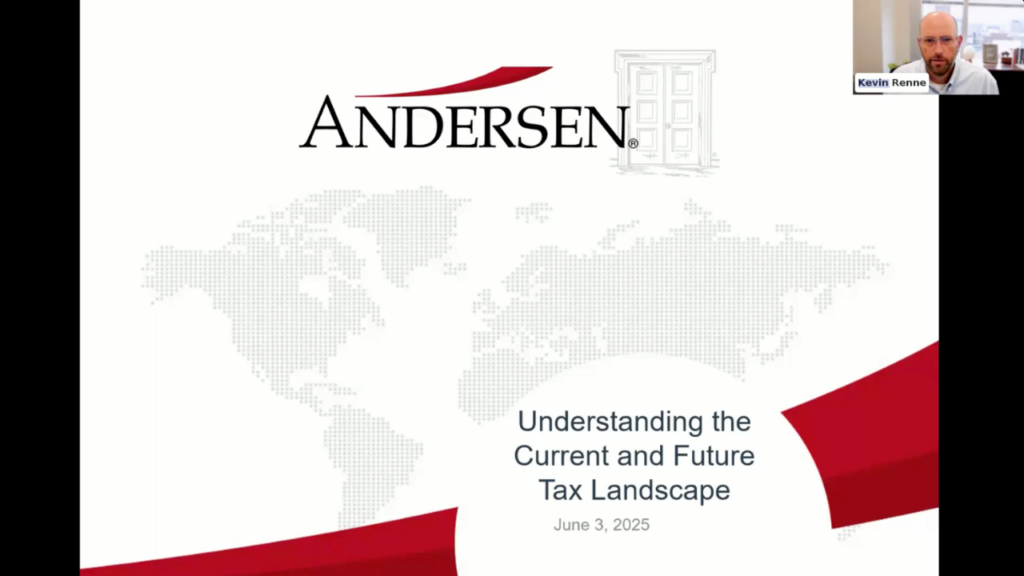Many of us have heard stories of fantastic wealth created when a startup company goes public with an initial stock offering. The founders and key team members, who may have been accumulating and exercising stock options for months or years, suddenly find themselves owners of publicly traded company stock worth millions.
But even if your company doesn’t become the next Facebook or Alibaba, various types of stock options can still be an important part of your compensation and also potential sources of future wealth. There are various types of options to be considered, with different rules and tax treatments governing each. Let’s take a look at the “alphabet soup” of stock options and try to tease out a few basic concepts.
1. Restricted Stock Units (RSUs). RSUs are a form of stock-based compensation that consist of shares of company stock to be awarded in the future. The timing of when the actual stock is received by the employee is governed by a vesting schedule. RSUs have no value when they are initially granted; recipients have no voting rights, nor do they receive dividends, in most cases. The granting company may also place limitations on sales or transfers of stock conferred by means of RSUs. Obviously, the intent of granting RSUs is to incentivize employees to remain with the company and help it increase in value (enhancing the value of the company’s stock).
A principal consideration with RSU arises when the stock vests with the employee. Depending on the value of the stock and the future prospects for the company, the employee may wish to retain the shares for a period of time. On the other hand, the employee may not wish to maintain a concentrated holding, deciding to diversify their assets by selling some or all of the stock. The cost basis for stock received via RSUs is established by the fair market value (FMV) of the shares on the day they are received. When the shares are received, their FMV will be reported as ordinary income. If you subsequently sell shares at a higher price, the gain will also be taxable. If you held the shares less than a year, the short-term capital gain will be taxed at your ordinary income rate, which for some taxpayers is as high as 37% in 2023. If you held them a year or longer, the long-term capital gains rate will apply; the maximum tax rate for long-term capital gains is 20% in 2023.
2. Incentive Stock Options (ISOs). Like RSUs, ISOs are a form of stock-based compensation intended to incentivize employees to contribute to building a company’s value. ISOs consist of the right to purchase stock at a certain price (the “strike price”—usually the value of the underlying shares on the day the option is issued) and they may typically be exercised (purchased) at any time during a ten-year period, at the end of which they expire. Typically, ISOs may be exercised according to a vesting schedule that may vary from one to six years. The options will expire after 10 years unless they are exercised. Employees who receive ISOs are obviously hoping to exercise their options when the underlying stock is above the strike price, thus locking in a gain. Of course, there is no guarantee that this will be the case.
To qualify for the most favorable tax treatment, ISOs must be held for at least two years from the time they are initially granted, and the stock must be held for at least one year from the date the options are exercised. These two requirements will allow any profits from the sale of stock to be treated as long-term capital gains, rather than being taxed at the same rate as ordinary income.
3. Non-Qualified Stock Options (NQSOs). NQSOs work in many respects the same way as ISOs; the principal difference is implied by their name: they do not qualify for the same type of tax treatment as an ISO. Like ISOs, NQSOs confer upon the recipient the right to purchase shares of company stock at a specified strike price within a specific time frame. They are also typically offered on a vesting schedule and have a 10-year term before expiration. Because they do not qualify for long-term capital gains treatment, any gains realized by the sale of appreciated stock obtained by exercising an NQSO will be taxed at your ordinary income rate.
As you can see, the tax implications of gains generated by selling stock obtained through exercising the various options varies by the type of option you have and also by your overall income and tax situation. In additions, exercising certain options may also subject you to alternative minimum tax (AMT). This means that it is important to consult with your tax expert if you are considering exercising an option or selling stock obtained through exercising an option.
At JFS Wealth Advisor, we’re committed to providing our clients with the knowledge they need to make intelligent choices for their financial strategies. To learn more or read our latest articles, visit our Knowledge Center.
















